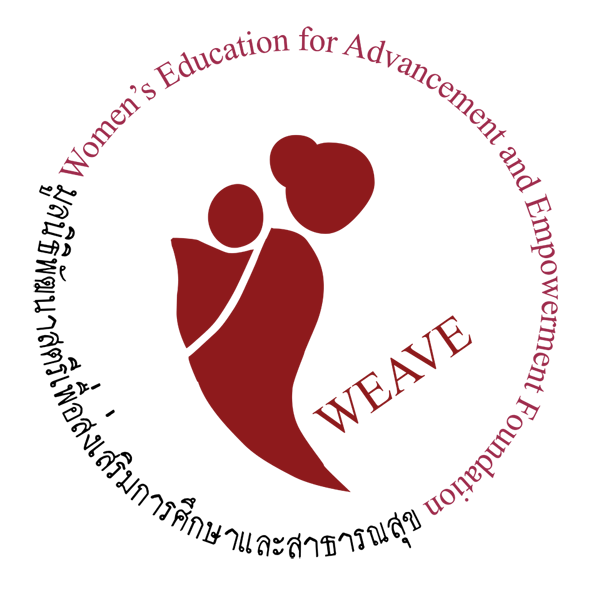However, despite all my doubts and fears, I was still hoping there could be a way of connecting the international market with local communities without harming them in the long run, without completely converting their main production. In other words, I was wishing to see a way for the international markets to constitute an additional source of income beside the main one, and not instead of the main one. When I accidentally bumped into WEAVE’s website, I got more and more curious about this whole fair trade issue, and sent an application. That is how my story here started.
Thanks to WEAVE, I got to understand how a “safe” fair trade is possible. Women working for the organization do not need to give up their main occupation and source of income (in most cases farming), and they can cultivate and enhance already existing skills, producing local items destined for international markets, when and if they have time. WEAVE constitutes a meaningful source of income, but does not require any kind of substantial changes in the daily life of weavers and embroiderers. The organization pursues women’s independency; it does not make them dependent on their work.
Many women in MSP,T and MSP,N already work for WEAVE, and many want to join. They state that the organization had a big, positive impact on their lives for different reasons. Firstly, of course, because of the money: having more income enhances greatly their chances. Secondly, because thanks to the trainings, they enhance their weaving or embroidering skills. Thirdly, because they have more occasions to meet up and talk with friends. Finally, because they feel empowered by creating something valuable and by having a positive impact on their families.
From my perspective, what is also important is the fact that local knowledge is being protected and perpetrated. The products WEAVE orders are based on local designs and are produced using local knowledge and skills. Weavers could weave and embroiderers could embroider before WEAVE came, now they only get the chance to take part in trainings to increase the quality of their products, to make them marketable internationally, and in general enhance their skills. WEAVE constitutes a sort of mediator between the communities and the markets.
Here in MSP,T, I had the chance to re-elaborate the concept of labor and of things. I always took things for granted; the ready-made products I bought were the anonymous children of a dull, loud machine. I was fascinated by the job of tailors, but to some extent, I was able to see the final result in the textiles. Here, I completely changed my perspective. I saw scarfs, bags and table runners in WEAVE offices, and I was told how long it took the women to make each item. Nonetheless, I was not able to see the beauty and labor behind them.
Women are provided with colorful thread or thread in its raw form, and they, in turn, provide WEAVE with beautiful textiles. The weavers are experts in recreating patterns, but the process is long and difficult and requires a lot of concentration. From the preparation of thread to product, it might take days of hard work. I was fascinated by the way the women were mysteriously turning the threads into something beautiful, taking shape before my eyes. Probably for the first time, I got to understand what the value of labor should be, it being connected directly to the product. It is a process of creation that is being forgotten in many countries. It was all lost in the name of what we call “progress”, and it won’t come back. It might sound cliche, I know, but a couple of days observing the women weaving opened my eyes.
Behind the fair-trade table runner that you forgot in the drawer, there is an organization investing time, money and resources to cause a positive change. There are meetings, discussions, fights, negotiations, partnerships, fundraisings. There are development workers, drivers, interns, cooks, IT experts. But, above all, there is a huge labor and days of sweating. That something that you forgot in your drawer has huge value.
